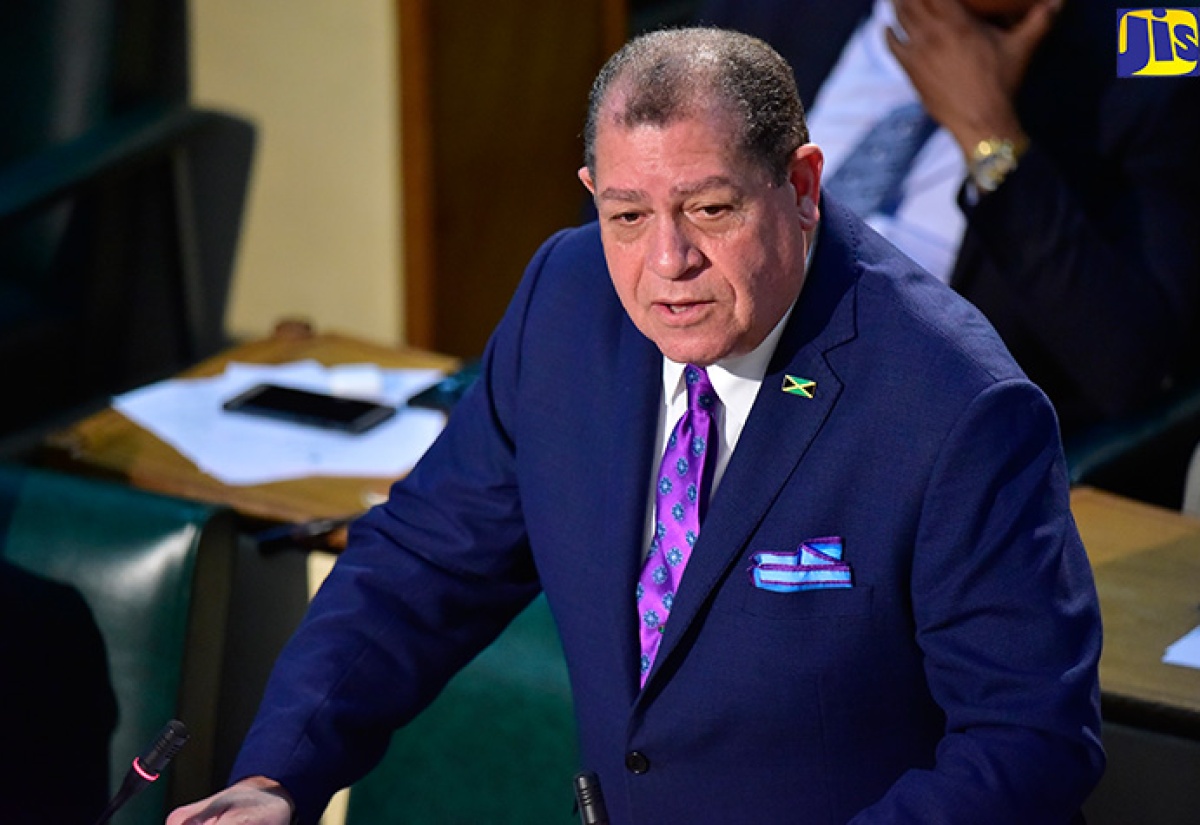Gov’t Remains Committed to Indirect Taxation Policy
By: , March 22, 2018The Key Point:
The Facts
- “I have stated before that it is the policy of this Government to fundamentally restructure and overhaul our tax regime to make it more fair and equitable by moving from direct to indirect taxation,” the Minister said.
- Mr. Shaw emphasised that the Government uses revenue inflows to provide a range of services that benefit individuals and organisations.
The Full Story
Finance and the Public Service Minister, Hon. Audley Shaw, says the Government remains committed to the policy of indirect taxation intended to bring more Jamaicans into the tax net.
“I have stated before that it is the policy of this Government to fundamentally restructure and overhaul our tax regime to make it more fair and equitable by moving from direct to indirect taxation,” the Minister said.
He underscored this during his closing 2018/19 Budget Debate presentation in the House of Representatives on March 21.
Mr. Shaw emphasised that the Government uses revenue inflows to provide a range of services that benefit individuals and organisations.
These, he pointed out, include roads, citizen security and public safety, education and healthcare.
“However, there are hundreds of thousands of people in the informal sector (across) Jamaica who are not paying their fair share towards these basic services, because they are not paying income taxes, a direct tax,” Mr Shaw stressed.
He explained that direct taxes are paid directly to the Government. These include income tax and corporate tax, which, he noted, are paid by a relatively small number of persons and entities.
Indirect taxes are imposed on transactions involving goods and services, which are typically collected by intermediaries (such as supermarkets), and are paid by almost everyone.
“The policy of this Government is to move away from direct taxes, which place an unfair and undue burden on a smaller group of taxpayers, and to move towards indirect taxes, which are distributed across a larger number of persons. In this way, the informal sector pays its fair share of the tax burden,” Mr Shaw said.
Jamaica has approximately 1.3 million employed persons, but less than 500,000 are on the income tax register.
The 800,000 who are not on the tax register are deemed to be in the informal economy by definition.
“The sad reality, therefore, is that the burden of taxation falls heavily on the captive Pay As You Earn (PAYE) workers – mostly teachers, nurses, policemen and policewomen, civil servants, administrative staff, and those employed to established companies. Our policy is to change this and make the tax system more fair, equitable, and reliable, and not (have the burden) fall disproportionately on our PAYE workers,” the Finance Minister stated.


